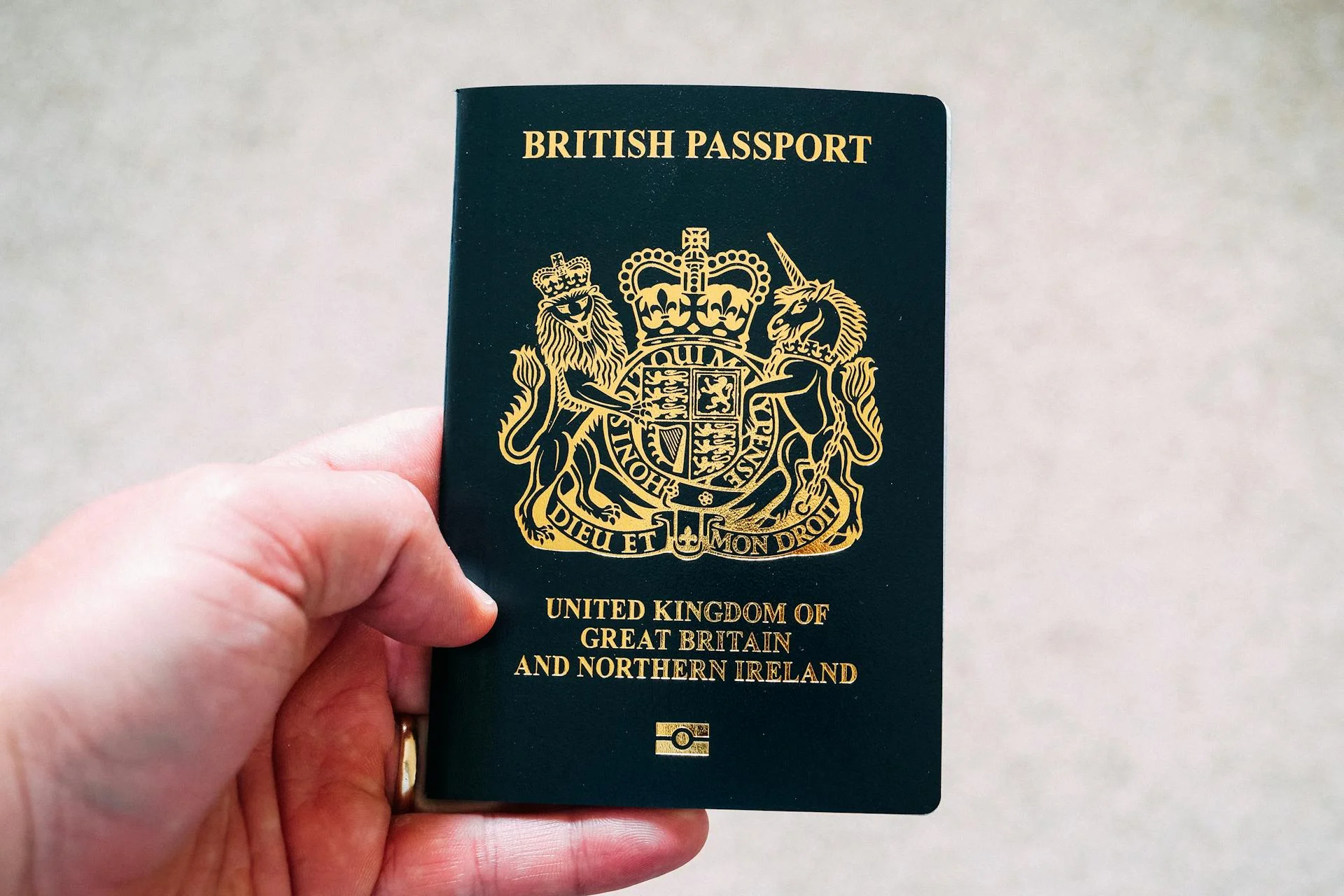Unlocking the Importance of Certified Copies: Your Guide to Passport Authentication
K S Sreekumar
February 28, 2024

In a world driven by authentication and verification, the significance of a certified passport copy cannot be overstated. Whether you’re embarking on international travel, seeking job opportunities abroad, or navigating bureaucratic procedures, opening or maintaining a bank account having a certified copy of your passport can make a significant difference to the speed in which you can complete the job. Let’s explore what constitutes a certified copy and why it’s crucial in today’s interconnected world.
1. Certified Copies: What You Need to Know
At its core, a certified copy of a passport replicates the original document with an endorsement affirming its accuracy and authenticity by a competent authority. This endorsement acts as a validation, confirming the copy’s equivalence to the original passport. When you require this document to be used abroad it is in most instances a necessity that you require a notary public to certify the passport as a true copy.
2. Why Certified Copies are Essential
The need for a certified copy of a passport arises in various scenarios, highlighting its importance across different aspects of life:
- Travel Documentation: Having a certified copy alongside the original passport can be invaluable when crossing international borders. It safeguards in case of loss or theft, facilitating smoother interactions with authorities and embassies.
- Legal Transactions: Many transactions, such as property transfers and legal proceedings, require proof of identity. A certified copy of your passport is a valid form of identification, simplifying processes and building trust among involved parties.
- Employment Opportunities: In today’s global job market, employers often require certified copies of passports to verify identity and eligibility for work in specific countries.
- Governmental Procedures: Whether applying for visas, residency, or citizenship abroad, certified copies of passports are often mandatory. They authenticate the identity and eligibility of applicants for governments and immigration authorities.
3. How to Obtain Your Certified Copy
Acquiring a certified copy typically involves a straightforward process. However, it may vary based on location and the certifying authority’s specific requirements. Here’s a general outline:
- Identify the Certifying Authority: This could be a notary public, solicitor, government office, or another authorised entity capable of certifying documents in your jurisdiction.
- Present Your Original Passport: Provide the original passport to our offices or other such offices for verification.
- Submit Your Request: Complete the necessary forms and provide the required documentation.
- Payment: We charge a fee for this service.
- Receive Your Certified Copy: Upon completion of checks and payment, you’ll receive a certified copy bearing the signature and seal of the Notary Public.
What is a Passport?
A passport is an official document issued by your country of citizenship to verify your identity and facilitate international travel. It includes essential personal information such as your full name, photograph, birthdate, and passport number.
Why You Might Need a Notarised Copy of Your Passport
A notarised passport copy is a reliable form of identification for Know Your Customer (KYC) purposes. It contains essential personal data and may be required for international transactions, such as attaching it to a power of attorney document.
The Difference Between a Notarised Copy and an Apostille Copy
A notarised copy is verified by a notary who confirms its accuracy and authenticity. An apostille is a further authentication by the Foreign, Commonwealth, and Development Office (FCDO) in the UK, providing additional assurance of the document’s authenticity for international use.
How was the Passport Issued?
British passports are issued by HM Passport Office, which has undergone various name changes over the years. Passports are physical documents and are not issued electronically.
Process to Notarise and Apostille a Passport Copy
To notarise a passport, you should provide the original to a notary public who certifies it as a true and accurate copy. The FCDO can then apostille this copy for international recognition.
Conclusion
Certified copies of passports are indispensable in today’s globalised and security-conscious world. These authenticated replicas streamline processes and provide assurance, whether for travel, legal transactions, employment, or governmental procedures. Remember to obtain and carry your certified copy whenever needed for your journeys and endeavours.
If you need any advice on document notarisation, contact us.
**Nothing in this blog is to be taken as Legal advice and please take specific advice regarding your circumstances before you proceed.
Recent Posts
Have Any Question?
We are here to help you with any kind of notary service you may need. Feel free to call or mail us with your doubts and concerns.
- 0207 205 2020
- info@holbornnotary.com
